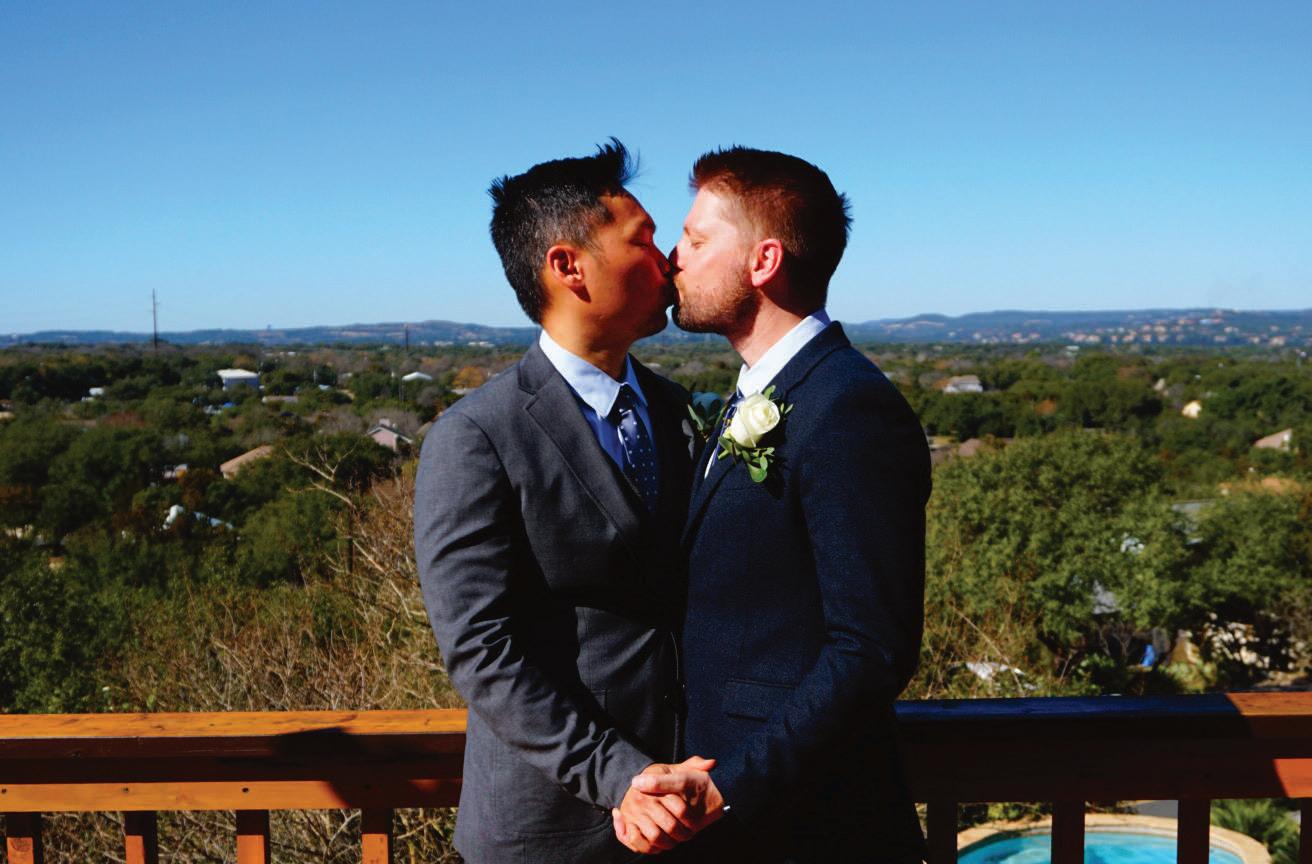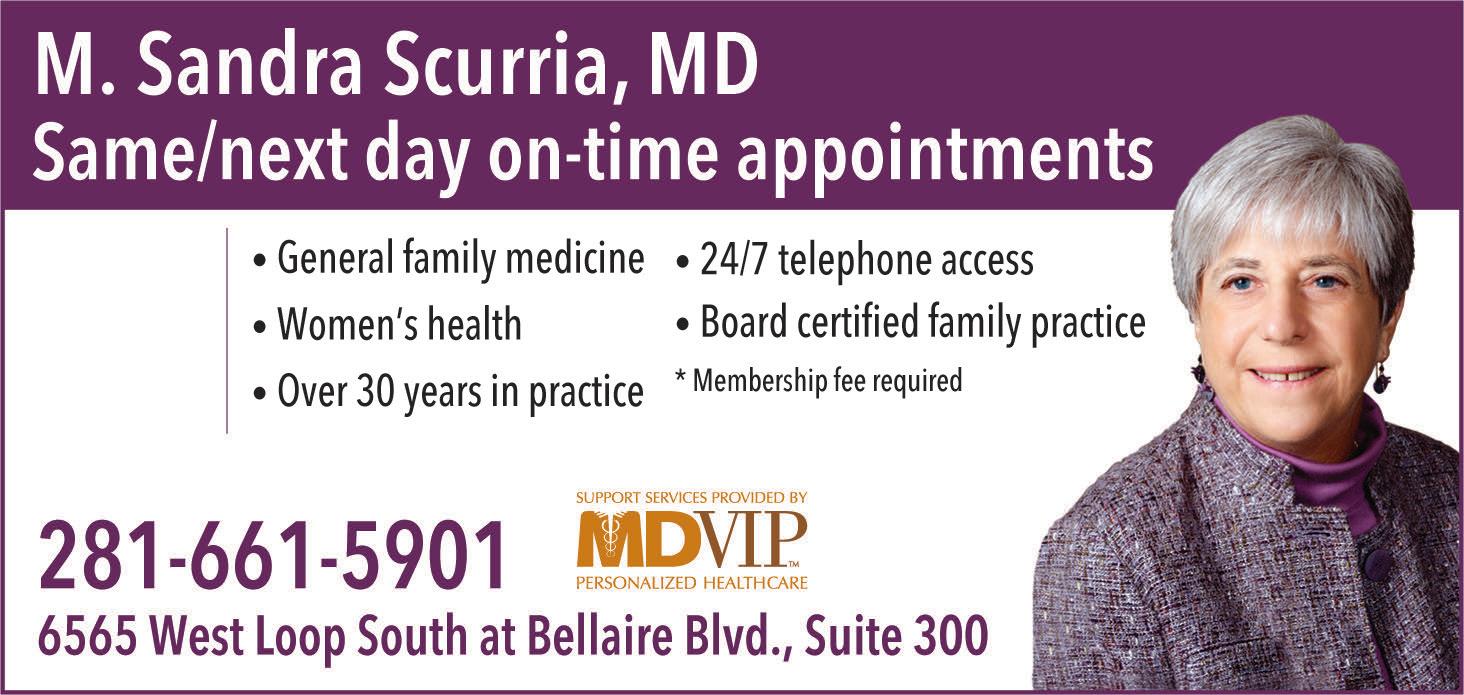S M A R T H E A LT H By DARYL SHORTER, MD
Adapting to “The New Normal” How to combat the stress of returning to a changed world.
As states across the country reopen and vaccinations are now widely available, figuring out how to approach life in a new COVID world can be both a challenge and an opportunity. For those who are apprehensive about adjusting to this changed world, these tips for nurturing your own mental health during stressful times may help. The Basics: Get Vaccinated, Follow Guidelines Getting vaccinated is the number-one strategy for reducing the spread of COVID. All adults in Texas are now eligible for vaccination (regardless of health status), and many of the barriers to vaccine access have been substantially reduced. As more individuals are vaccinated, venturing out into the world with a sense of security is starting to feel within reach. However, the easy availability of the vaccine does not mean we should disregard the safety protocols developed over the last year. Even after being vaccinated, it’s important to continue adhering to recommendations from the CDC and other trusted healthcare professionals. For example, according to the CDC, wearing masks in public is still recommended, even with a vaccination. However, for those who have been fully vaccinated, indoor gatherings without masks should be safe. Also, the need to quarantine or isolate for 14 days after being exposed to someone with COVID is no longer required if you are fully vaccinated. Monitoring yourself for symptoms (and responding accordingly) is now sufficient and far less disruptive. As we continue to learn more about the virus and the ways it can be transmitted, staying 24 MAY 2021 | OutSmartMagazine.com
up to date with current recommendations is an important part of lowering risk for yourself and others. The Anxiety of Venturing Out After so many months of life filled with restrictions, it can feel a little strange to venture out into the world again. A gradual approach may help in managing any feelings of anxiety that crop up. For example, if dining inside a restaurant seems like a bridge too far, but you can’t stand the idea of another night of take-out, consider trying a restaurant with outdoor seating, or dine inside before the dinner rush begins. This way, you will be able to assess restaurant protocols without the fear that a large group will be seated next to your table. Also, give yourself permission to leave public spaces that feel too enclosed or constrained. In some cases, we can’t always choose whether or not to become proactive about mitigating risk. With companies increas-
ingly bringing employees back into the office, dealing with more people in the workplace is on the horizon for many. Following guidelines regarding distancing in elevators and conference rooms and continuing to mask in public areas will not only keep you safe, but also allow you to get comfortable with the idea of engaging with larger groups. It’s also a nice way to demonstrate respect for others and their need for space. For many, feeling stressed about the fallout from COVID has impacted the way we feel about ourselves and our outlook on life. Chronic feelings of worry or nervousness have become particularly commonplace over the past year. Changes in appetite, bodily symptoms like an upset stomach or heartburn, and insomnia can be especially troublesome, and result in weight gain, physical discomfort, and fatigue. Give “Mindfulness” a Chance Implementing a “mindfulness” practice can








